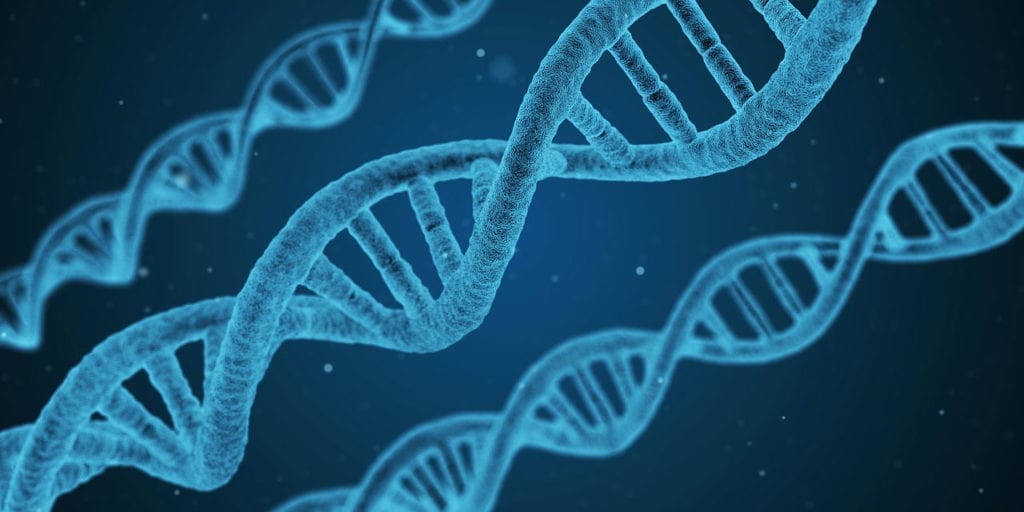A major genetic research project called the Deciphering Developmental Disorders (DDD) study is helping families to receive diagnoses, and, in some cases, even identifying new disorders. For more information, click here to read the full source story at Mosaic Science, or visit the DDD study’s website here.
Genetic Diagnoses
A lot of people in the rare community have to undergo many different tests and a long waiting period – sometimes years – before they reach a correct diagnosis. An estimated eighty percent of rare diseases are caused by genetic changes, but often, it’s very difficult to identify the mutation causing a patient’s disorder. However, genetic testing remains an important and useful way for many people to reach a diagnosis. This is crucial because it helps people to understand the course of their disorder, be given the most appropriate treatments, and know whether other family members are at risk of developing it.
One of the challenges of genetic testing has been the cost of sequencing the entire genome (all of a person’s DNA), although this is beginning to change. According to Mosaic Science’s article, the first human genome sequencing took approximately thirteen years and cost over £2 billion. Over time sequencing technology has improved a great deal, but scientists have still been limited in what they could do; often it was only practical to sequence single genes, rather than the entire genome. However, for people with rare genetic developmental disorders, it’s often not known which part of the genome holds the relevant genetic mutation. Using modern DNA sequencing technologies, the DDD study is scanning the whole genomes of people with developmental disorders to try to find potentially disorder-causing changes.
The DDD Study
The DDD study is sequencing the genomes of patients with developmental disorders to see if the genetic cause can be found. Twenty-four Regional Genetics Services in the UK and Republic of Ireland are working with the Wellcome Sanger Institute on the study. So far, scientists have spent four years collecting DNA and information from more than 12,000 children and adults with undiagnosed developmental disorders and their parents. Dr Helen Firth, a Consultant Clinical Geneticist, says that the study “could significantly improve our understanding and management of rare conditions.”
At the moment, the DDD researchers are finding diagnoses for approximately 35-40% of patients on the study. The researchers say that they plan to keep re-analysing patients’ genetics until 2021, because new information accumulated in the course of the study may enable diagnoses that weren’t possible at the beginning of the study. The research has also led to more than one hundred publications, as well as the identification of 14 new disorders, and the DDD team, together with affected families, have written informational leaflets about these conditions for patients and clinicians.
PURA Syndrome
One of the families who received a diagnosis after taking part in the study is the Walkers. When their daughter Evie was born, she wasn’t feeding normally and was cold to the touch. She spent a week in intensive care and was then returned home but, as she grew, it became clear that she wasn’t reaching the usual developmental milestones. Doctors at the hospital were unable to diagnose her. When she was two Evie couldn’t stand, talk, or hold her head up, and doctors weren’t sure whether she would develop further.
When Evie took part in the DDD study researchers were able to identify a mutation in her PURA gene, making her among the first to be diagnosed with PURA syndrome. Two other girls with similar mutations and symptoms were also found through the study and another girl from Australia. Together, the families founded the PURA Syndrome Foundation, which held it’s first conference in 2016. Now the foundation works to support and provide information for other families.







